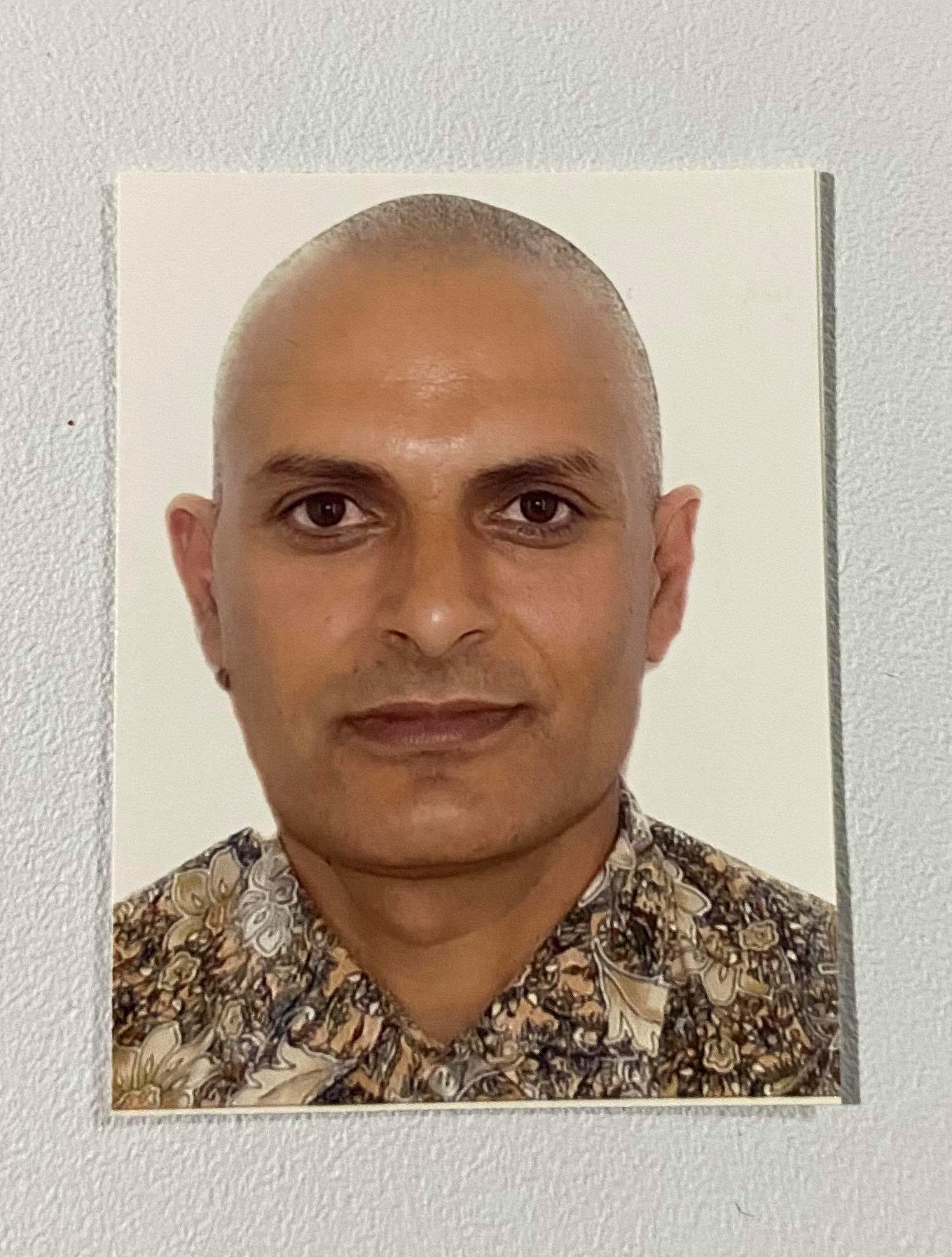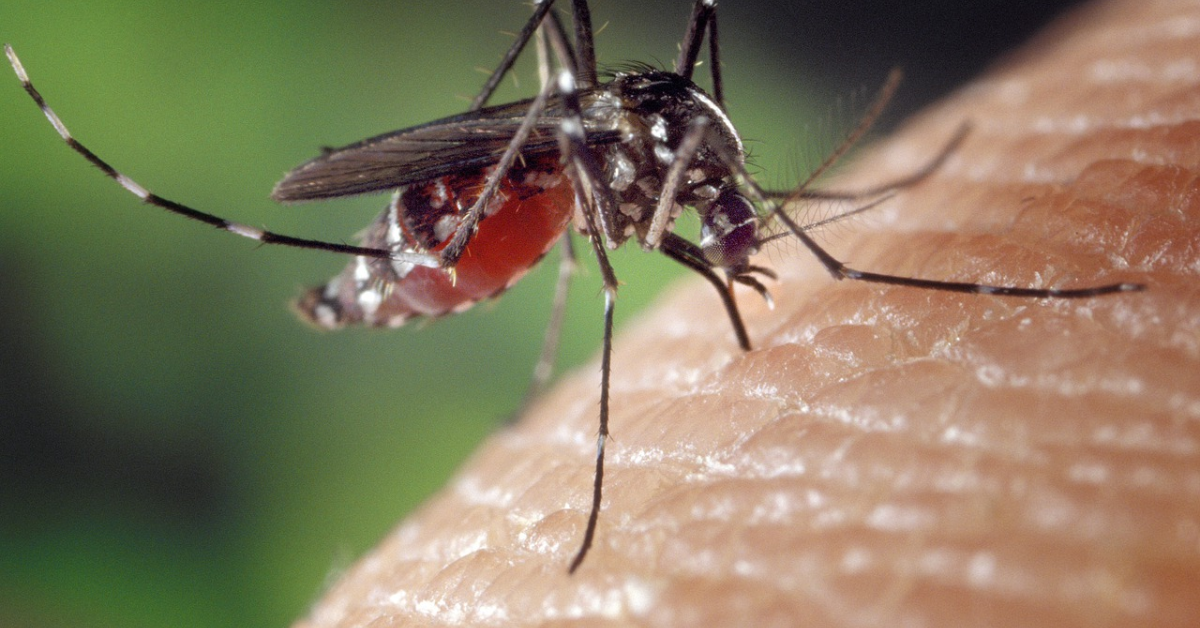Dengue is a mosquito-borne viral infection that infects more than 400 million people worldwide. Approximately 100 million people get sick, and 40,000 die from severe infections. This is common in more than 128 countries in tropical and subtropical regions. The first dengue outbreak was reported in 1779 in Jakarta, Indonesia, and Cairo, Egypt. In North America, the Philadelphia outbreak was reported in 1780
very first time.
The virus that causes Dengue belongs to the family of “Flaviviridae.” Four known stereotypes of dengue virus (DENV1-4) infect humans.
Dengue is mainly transmitted by Aedes Aegypti and Aedes Alopictus female mosquito. All those viruses are spread primarily through the bite of an infected Aedes species mosquito. These mosquitoes can spread Chikungunya and Zika viruses too.
Dengue outbreaks occur in many countries worldwide- the Americas, Africa, the Middle East, Asia, and the Pacific Islands. This is common in many popular tourist destinations- the Caribbean, central and south America, and Southeast Asia. Anyone who lives or travels to an area with the risk of Dengue is at risk of infection.
How dengue fever transmits?
Dengue virus spreads to people through the bite of infected Aedes species mosquitoes. Mosquitoes become infected when they bite a person infected with dengue viruses. Similarly, a pregnant woman already infected with the dengue virus can pass the virus to her fetus during
pregnancy or around the time of birth. It may transmit through breast milk, too (but cases found rarely). Sometimes, Dengue can be spread through blood transfusion, organ transplantation, needle stick injury, or other surgical procedures. However, chances are erratic.
How to Recognize Dengue Infection?
Mild symptoms of Dengue can be confused with other illnesses which cause fever, pain, or rashes in the body. The most common symptoms of Dengue are fever with any of the following:
- Nausea and vomiting
- Rashes
- Aches and pains (eye, muscle, joint, and bone)
Some people experience severe symptoms of Dengue (Severe symptoms are a medical emergency) that contains:
- Belly pain and tenderness
- Vomiting (at least three times in 24 hours)
- Gum or nose bleeding
- Vomiting blood or blood in the stool
- Tired, restless, or irritable
- The symptoms of this disease typically last (2-7) days.
How to Confirm the Disease?
A blood test is the only way to confirm the diagnosis.
Is there Treatment for Dengue Fever?
There is no specific medicine to treat dengue fever. All the treatments are symptomatic. For example:
- Take a rest
- Drink plenty of fluids to maintain hydration
If someone is experiencing severe dengue fever: it needs immediate medical attention! (Go to clinic or hospital- emergency room without delay)
Preventive Measures
- Search for larvae and destroy them
- Keep water container properly covered
- Regularly clean the areas where water can collect
- Pay attention to environmental sanitation
- Educate people to prevent this severe illness
- Prevent a mosquito bite
- Use mosquito net
- Wear full sleeve clothes
- Use mosquito repellent

Mr. Dahal is a public health researcher and service professional in Canada.

